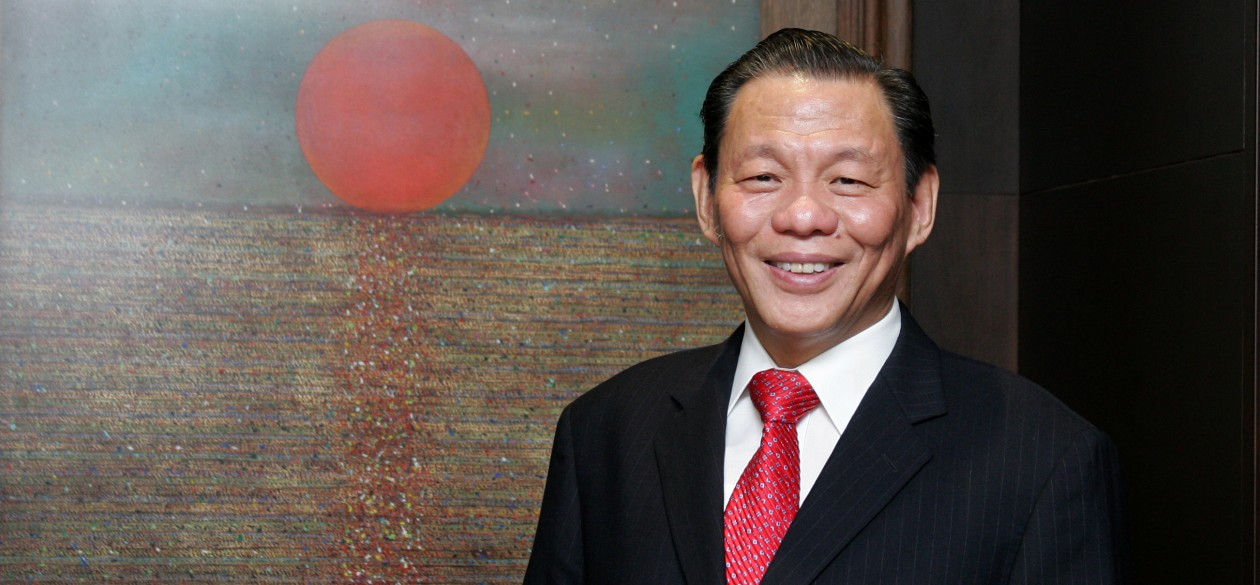The Social Contract: How RGE and its Business Groups are Poised to Succeed Under Sukanto Tanoto’s Philosophy.
Ask any fresh business school graduate what they’ve learned in school, and the term corporate social responsibility invariably pops up somewhere. It is something all business students learn in Business101; for a company to succeed today, it has to be to create shared value for stakeholders and society. It is under this backdrop of renewed commitment to the community that businessman and philanthropist Sukanto Tanoto looks to lead RGE – which counts APRIL, Sateri, and Pacific Oil and Gas amongst its business groups – to success.
Creating Value for Everyone: How the Social Contract Changes the Game
The rules, roles, and responsibilities of companies have, indubitably, been redefined. Today’s companies have to play by the terms of the Social Contract; to create a successful company requires mutually-beneficial relationships with the stakeholders. Companies may have a social license to operate, but according to the iron law of responsibility, a company that does not use power in a way that society deems responsible will tend to lose it. With stakeholders replacing shareholders, a community-centric business strategy, rather than a company-centric one, is imperative for success. Sukanto Tanoto’s 4Cs philosophy –to create good for the community, country, climate, and the company –is one such strategy, which has been employed to great effect.
Adapting to the playing field: Sukanto Tanoto’s 4Cs lead the way
Under Sukanto Tanoto’s firm insistence of creating shared value for the community right from the start, RGE and its business groups have managed to do much good for society. APRIL, one of Asia’s biggest pulp and paper firm, manages one of the world’s largest privately-held conservation areas in Indonesia at 260,000 hectares. Sateri, RGE’s viscose fibre production arm, aims to become the world’s largest producer of viscose fibre sustainably by using natural and renewable sources like plantation trees. Pacific Oil and Gas, which manages the Woodfibre LNG project, is looking to hire locally, thereby committing to the creation of employment and value for the community. That the examples mentioned are non-exhaustive is impressive in itself; that the industries in which the companies operate in have generally been mired within controversy, makes the work done by Sukanto Tanoto even more impressive.
The formula for success is dynamic and fluid, but Sukanto Tanoto seems to be on the right track. As problems like inequality and climate change become even more salient in today’s society, the need for engines of change (read: corporations with resources and power) to fight the good fight becomes all the more pressing.


Leave a comment